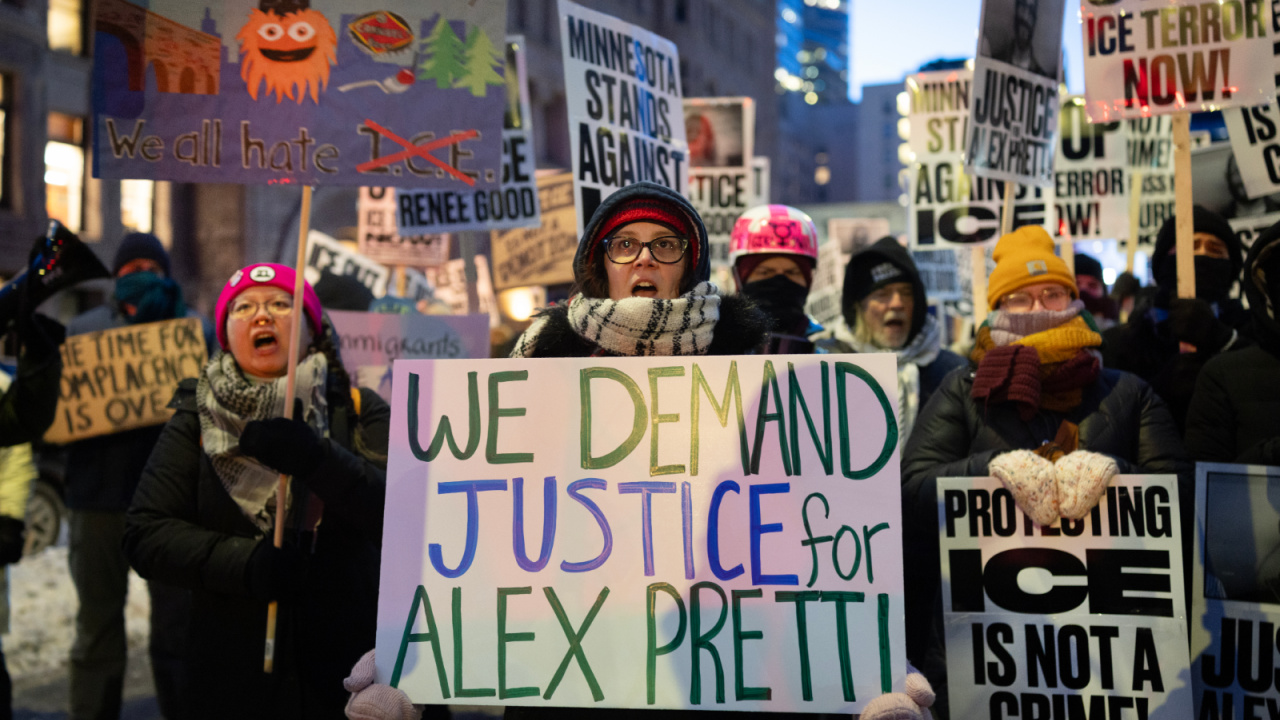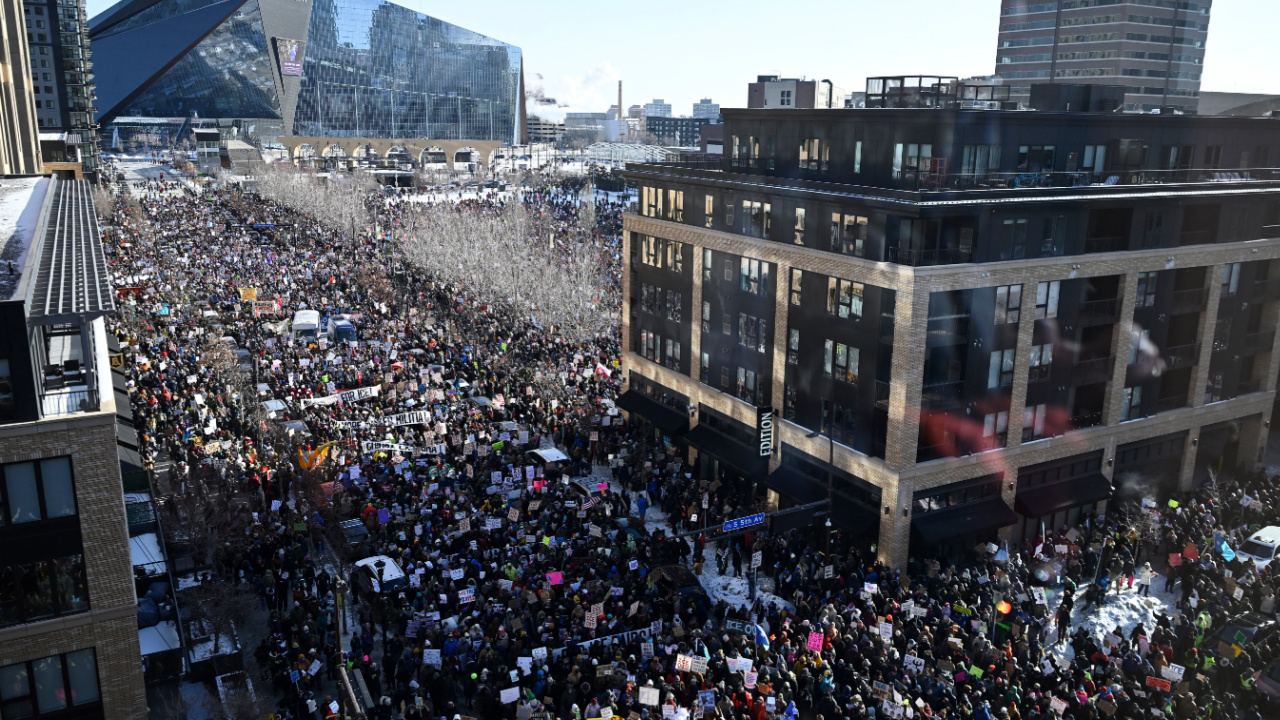
Biden Now Permitted To Axe Trump-Era ‘Remain in Mexico’ Policy, Supreme Court Rules
On Thursday, the Supreme Court ruled 5-4 to allow the Biden administration to end the Trump-era “Remain in Mexico” policy. The policy, which was first instated in 2019, required asylum seekers coming to the United States to wait in Mexico until their day in court.
The policy was implemented to keep asylum seekers out of the United States while their cases were being reviewed, due in part to a lack of detention space domestically.
President Biden has tried to do away with the policy on multiple occasions, including on his first day in office. Federal judges in Texas and Missouri blocked his attempts on the grounds that the language in the statute 8 U.S.C. Section 1225 clearly states that asylum seekers, if they cannot be detained, must be sent to Mexico while their cases are pending, according to Fox News.
Both sides of the Supreme Court agreed that the statute’s wording — namely, the fact that the government “may return” asylum seekers to a contiguous, or bordering, nation — was open to interpretation. The court, instead, disputed how individual states were interpreting the statute.

“The problem is that the statute does not say anything like that,” wrote Chief Justice John Roberts in the majority opinion. He continued, “The statutory grant of discretion here contains no such caveat, and we will not rewrite it to include one.” The limitation here is that states are bound to the “Remain in Mexico” policy, as opposed to being one of three options for migrants seeking asylum in the U.S.
Roberts was joined by Justices Sonia Sotomayor, Stephen Breyer, Elena Kagan and Brett Kavanaugh in the majority opinion.
Parole was mentioned as a third, acceptable option for asylum seekers, and was cited as one of the reasons why the Biden administration should be allowed to repeal the “Remain in Mexico” policy. Writing in dissent, Justice Samuel Alito said that parole, while a viable option for migrants, should only be used “on a case-by-case basis for urgent humanitarian reasons or a significant public benefit.”
In his dissent, Alito also wrote, “Due to the huge numbers of aliens who attempt to enter illegally from Mexico, DHS does not have the capacity to detain all inadmissible aliens encountered at the border, and no one suggests that DHS must do the impossible.”

Alito was joined by Justices Clarence Thomas and Neil Gorsuch in dissent. Justice Amy Coney Barrett also voted against overturning the “Remain in Mexico” policy, but only on the grounds that the case should have been, once again, reviewed by the lower courts before making its way to the Supreme Court.
The Department of Homeland Security celebrated the court’s ruling, and wrote in a statement, “The prior Administration’s Migrant Protection Protocols (MPP) has endemic flaws, imposes unjustifiable human costs and pulls resources and personnel away from other priority efforts to secure our border.”
The statement continued, “We welcome the Supreme Court’s decision affirming that the Secretary has the discretionary authority to terminate the program, and we will continue our efforts to terminate the program as soon as legally permissible.”
It’s currently unclear how soon the Biden administration will be able to repeal the “Remain in Mexico” policy, but experts say the court’s ruling should start to take effect soon. Some immigration experts have said that repealing “Remain in Mexico” will have a minimal impact on the Biden administration’s immigration policies.
AP reports that only 7,259 migrants have been registered through the “Remain in Mexico” policy since December. Instead, a vast majority of migrants have been turned away at the border due to the Trump administration’s Title 42 policy, which allows migrants to be refused entrance at the border to prevent the spread of COVID-19 in the United States. Since it was first instated in March 2020, more than 2 million migrants have been expelled from the country.




